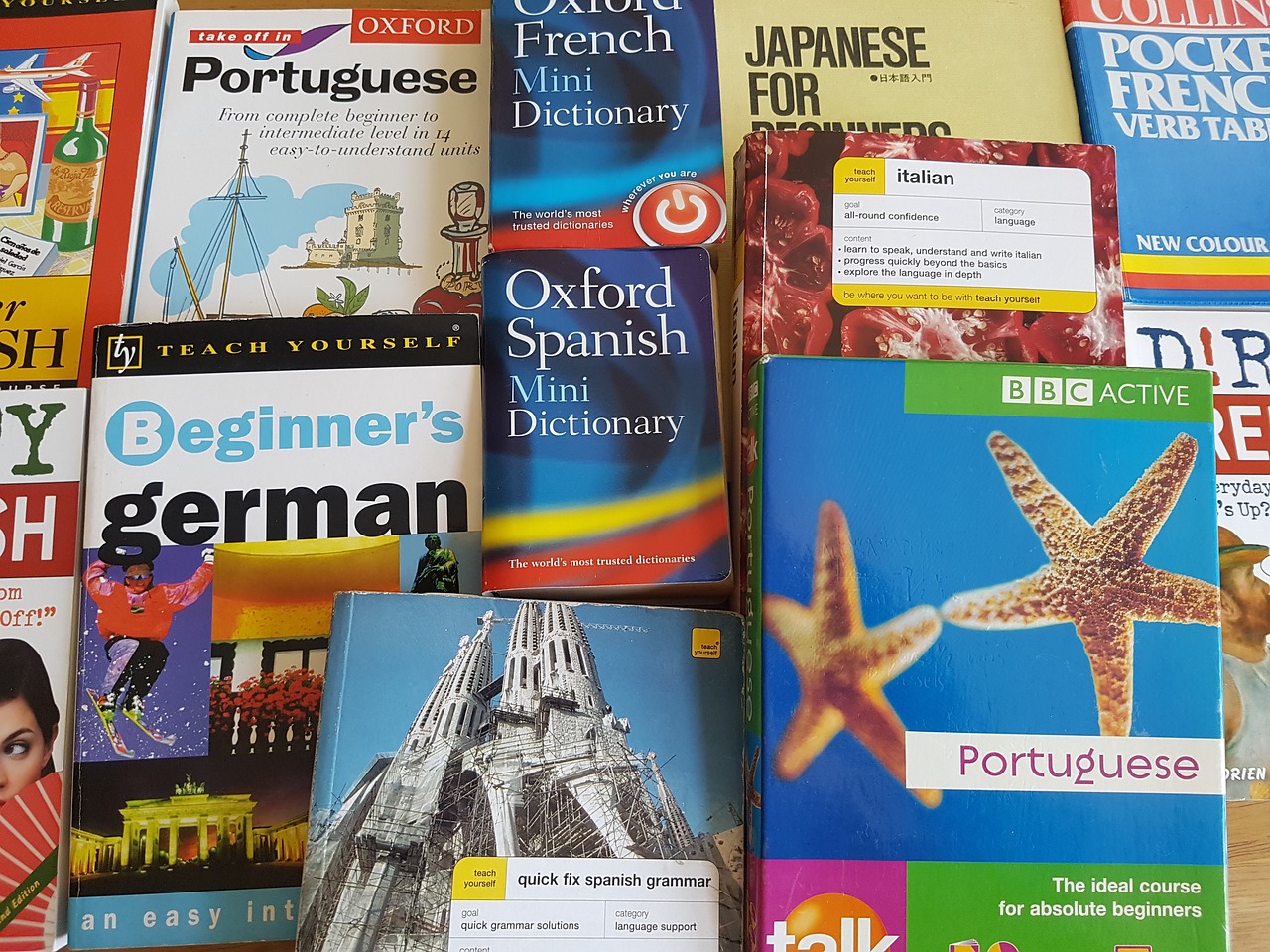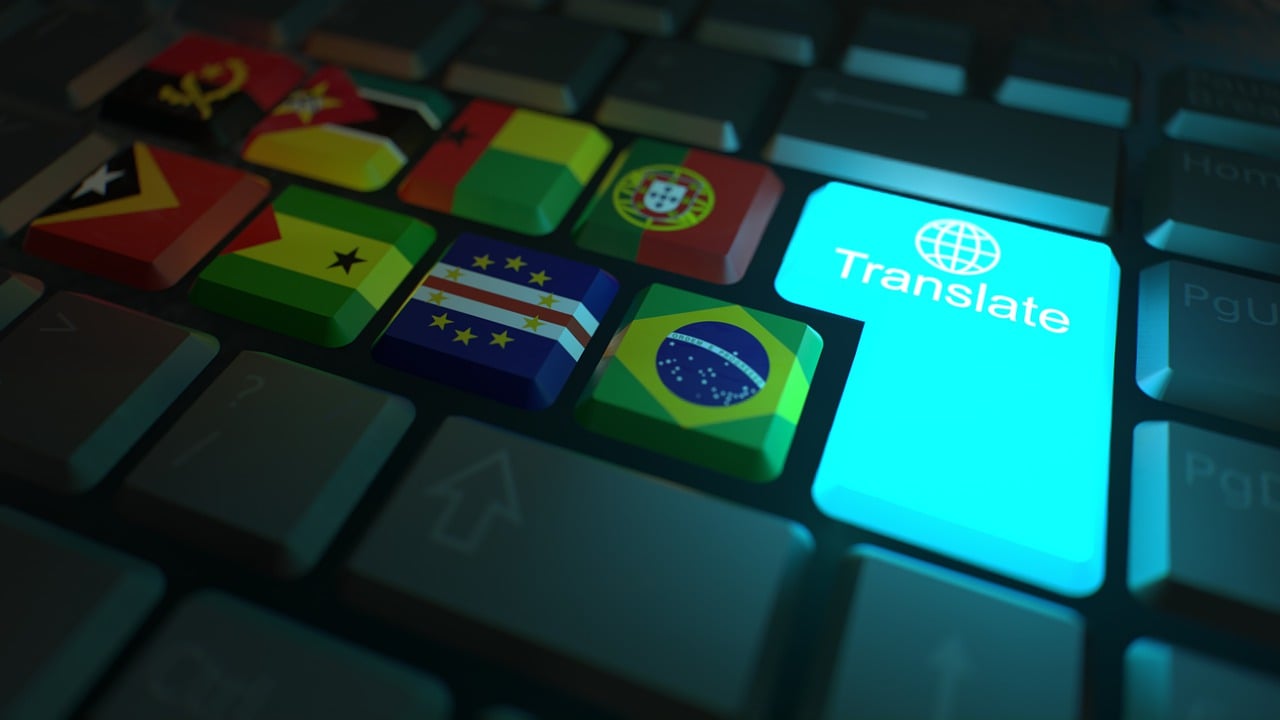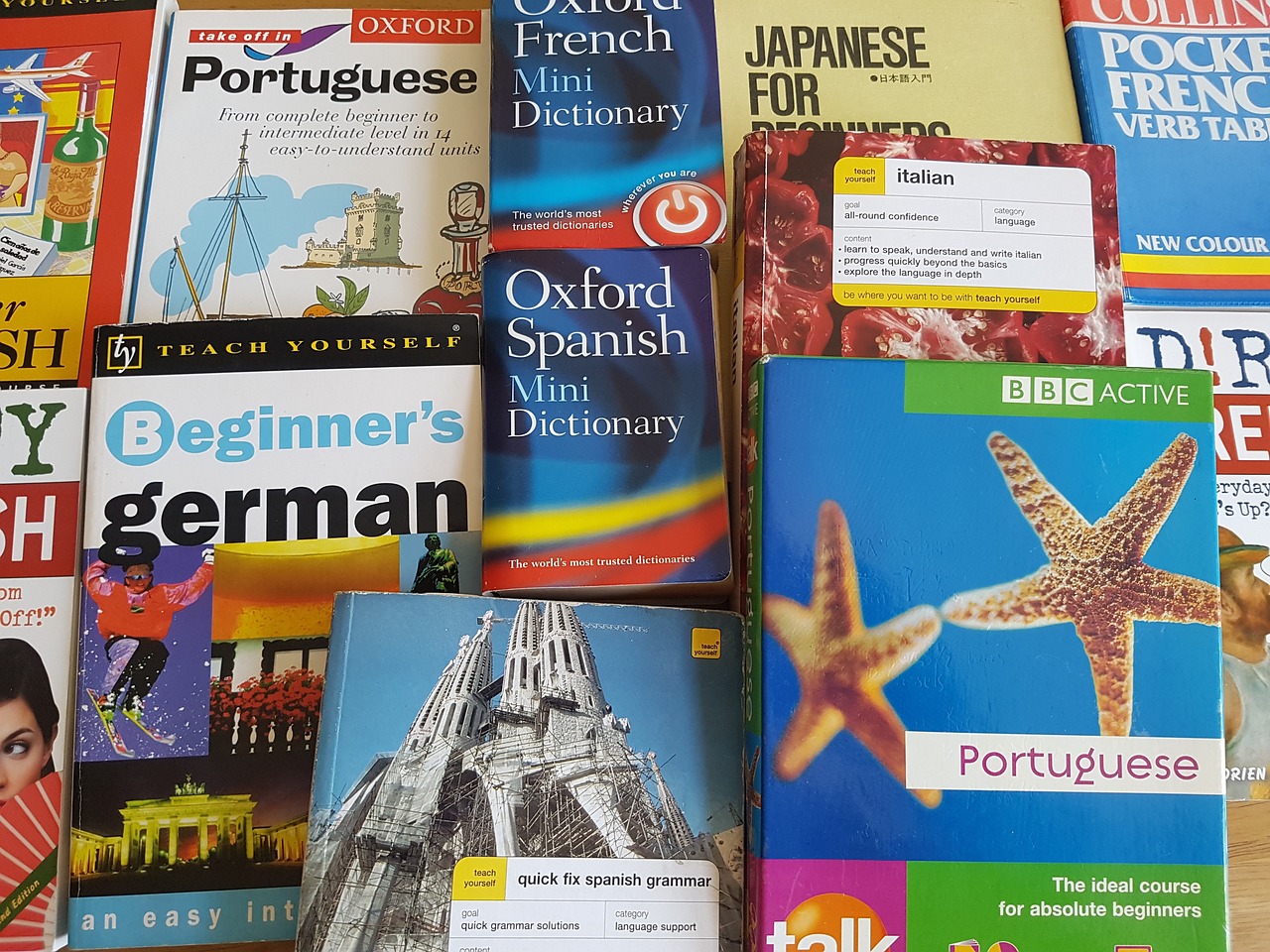
10 Things You Need to Prepare as a Translator in 2024
What are 10 things you need to prepare as a translator in 2024? Of course, the most important thing is to master at least two languages (source and target languages).
Before discussing 10 things you need to prepare as a translator in 2024, you need to know that this profession is increasingly in demand by many people throughout the world.
For this reason, many are preparing themselves by doing 10 things you need to prepare as a translator in 2024 and the years after.
 So, why are many people interested in becoming a translator? Because, if you work under a well-known company, if you are lucky you will become their sworn translator and have a certificate. That way, your rates as a translator will also be no joke, aka high.
So, why are many people interested in becoming a translator? Because, if you work under a well-known company, if you are lucky you will become their sworn translator and have a certificate. That way, your rates as a translator will also be no joke, aka high.
Even if you work as a sworn translator who has your own trademark, a famous translator, you can open your own service at home without having to work under a company name. Isn't it good to get your own fee from your own hard work without having to share it with your boss at work?
It is for these reasons that many people are interested in becoming a translator. However, quite a few also experience language barriers.
By not mastering at least two languages, you certainly cannot become a translator. Because a translator's job is to translate text from the source language to the target language. In essence, it is mandatory to master both the source language and the target language.
What if you are not at all proficient in the two languages in question? For this reason, you need to learn 10 things you need to prepare as a translator in 2024 and in the years after. What are the preparations? Here is the review.
1. Learn the Languages in Your Own Way
Of course, the most important point as part of 10 things you need to prepare as a translator in 2024 is mastering at least two languages (source language and target language).
If you feel that you are not yet proficient in these two languages, consider learning a second language (foreign language) in a way that you like and enjoy.
Because everyone, when learning a foreign language, digests it in a different way. There are people who are comfortable studying seriously without any noise interference, there are also people who are comfortable studying while singing or listening to music.
Or, you can try to enrol in a foreign language course so that your understanding of the foreign language can be further honed.
 On the other hand, there are people who are really fluent in foreign languages when they teach themselves autodidactically without having to pay money at a course institution.
On the other hand, there are people who are really fluent in foreign languages when they teach themselves autodidactically without having to pay money at a course institution.
For instance, if you like watching Hollywood movies in English, you can of course learn from there by remembering and imitating their speaking style, as well as understanding the conversation.
You can even learn foreign languages through songs in foreign languages too. This method is quite potential considering that you learn without pressure, also with flexible time. So, whatever method it is, it all depends on each individual.
2. Learn and Master Good Writing Skills
Not only mastering at least two languages (native language and target language), you also have to have extraordinary writing skills.
Why is that so important? Because writing skills is one of 10 things you need to prepare as a translator.
By mastering a good writing style, you can play with words or language styles from the target language.
The goal is so that your translation results are not too stiff, aka monotonous. On the other hand, keep in mind that you can play with words when translating a text.
However, when translating it into the target language, the translation results should be in accordance with the context, and also in accordance with the same aims and objectives of the source language.
For example, if you want to change the style of the sentence "Andy cannot go to school today, since he is sick!" (English), it can be changed into "Today Andi is sick, so he can't go to school".
The aims and objectives are the same, aren't they?
3. Understand the Culture of the Target Language Native Speakers
Why is understanding the culture of the target language native speakers is one of 10 things you need to prepare as a translator?
Because by understanding the culture of the people who use the target language, it will be easier for you to translate text into the target language according to the context and market objectives.
 For example, you want to translate text from English to Bahasa Indonesia. Of course, your target market is Indonesians, because they are the ones who will read your translation.
For example, you want to translate text from English to Bahasa Indonesia. Of course, your target market is Indonesians, because they are the ones who will read your translation.
If you use word choices that only Indonesians understand, of course this will be a plus point for you as a translator.
That means you really understand the terms used by Indonesian people, especially the cultural diversity in Indonesia.
Try to hang out with Indonesian people often, spend time with them, you will get used to learning about their culture.
4. Determine your Specific Specialisation in the Field of Interest
One of 10 things you need to prepare as a translator in 2024 is to determine your specialisation or interest in a particular field.
For example, if you are interested in the world of law, then you need to learn legal terms in the target language. Likewise, if you are also interested in the world of IT. Then you need to learn IT terms in the target language.
The more specific your expertise is, the more people will be aware of your expertise in that area. So, people know that you are not just a translator in the broadest sense.
5. Practice Translating Before Becoming a Professional Translator
This is also one of the 10 things you need to prepare as a translator. Yes, practice translating.
If you feel that you are quite proficient in both languages (source language and target language), you can register first at an internship that requires translator services.
Or, you can advertise yourself on social media, by offering translation services. Maybe at first no one is interested, but don't be discouraged because you can advertise it with affordable price promotions.
Compare the prices made by competitors as a beginner translator, then you can make a decision to create your own rates.
Initially, you can offer your services to your closest friends. It would be even better if many of the people closest to you recognize your foreign language skills.

6. Get Your Skills Certified
To be more legally recognized, obtaining a certificate from the internship site is also a plus point. If you have worked as a translator for several months at an internship, of course you will get a certificate.
This way, people will be sure that you really have foreign language skills.
Plus, for example, if you are fluent in English, get a TOEFL or IELTS certificate with a high score. Because with a high score, people are sure that your foreign language skill is beyond doubt.
7. Be Aware of the Use of CAT Tools
Of course, one of 10 things you need to prepare as a translator is to master at least two languages. However, what about CAT tools?
Some of you are certainly familiar with CAT tools, which are kind of computer-assisted translation systems or the same as special editors for translators.
As a translator, using CAT tools certainly saves time, especially when you really want to search for certain phrases or terms.
8. Motivate Yourself
By motivating yourself, you will continue to be enthusiastic about learning, never give up and not get tired easily.
Even though for some people it is very difficult to learn a foreign language, it is not impossible that you will become proficient one day. Everything just takes a process and time if you are really serious and don't hate the foreign language in question.
Logically, if you don't like foreign languages at first, how can you possibly enjoy learning them, let alone mastering them?
Like foreign languages, motivate yourself, don't give up and be sure that in the future many people will use your services as a translator.
9. Must be Aware of the Flexible Time and Deadlines Given by the Client
This is also an important point when you learn 10 things you need to prepare as a translator.
If you don't yet work as a professional translator, but are still a freelance translator under the name of an agency, you are certainly familiar with deadlines, aka deadlines requested by clients.
By keeping the promised time, and you have provided the translation results to the client at the specified time, of course the client will feel happy because you can be relied on.
 So, actually flexible time is really needed by your clients, according to their requests. Please practise keeping appointments with clients before becoming a professional translator.
So, actually flexible time is really needed by your clients, according to their requests. Please practise keeping appointments with clients before becoming a professional translator.
Because if you become a professional translator later, you will be faced with clients who are classy and quite difficult to compromise with. So, you are used to deadlines according to client requests.
10. Keep Learning Non-Stop
Becoming a translator requires you to study non-stop. Because even though it seems like you are very proficient in foreign languages, who knows, there are still other foreign terms that you might not know.
So, continuous learning to acquire new vocabulary is highly recommended. Plus, studying and understanding the culture of foreign language users non-stop can make you master certain terms according to the culture of the foreign language user community in question.
Plus, if you have a friend or acquaintance who is also fluent in a foreign language, or even work as a translator too, of course you can share your experiences with him/her.
Don't be so arrogant, because you can also learn something new from them. For example, tips and tricks for translating text faster than usual, thereby saving more time. Maybe your friend or acquaintance wants to share their experience too.
Especially when dealing with clients who are difficult to compromise with, as well as other clients who might make things easier for you and your acquaintances when working, as well as clients who make you laugh out loud. Sharing is beautiful.
Conclusion
So, are you ready to become a translator? If not, don't be discouraged, because it's not too late to start everything by studying and preparing the things explained above.
Likewise, if you feel that you are quite proficient in a foreign language, there is no harm in continuing to learn because the term "fairly proficient" is still far from the word "perfect".
Love the foreign language you are interested in, learn the culture, and don't hate it even once. Because if you hate a foreign language and its culture, you will never be able to become proficient in the foreign language in question. If you have mastered a foreign language, you have also to master writing skills so that you can play with words (not monotone) when translating text into the target language, as long as the intent and purpose are the same. After that, try offering your services to the people closest to you by proving that you are fluent in foreign languages, showing your training (internship) certificate, as well as your high TOEFL and IELTS (English) scores.
Lastly, don't expect to immediately get high rates from clients, because you still need recognition from them and also experience.
As a first step, set an affordable rate for your services, see if many people are interested. Don't forget to offer services to the people closest to you first.
If people close to you are aware of your ability to translate, they will certainly spread this story by word of mouth, so that other people know your name and want your services as a part-time translator.
As time goes by, without realising it, you will be able to become a professional translator who is known by many important people.
In fact, there will be many agencies or companies that will certainly look at you to work with them. The pay? Maybe it could be higher or lower, according to the company level.
The coolest thing is that when you become proficient in translating text from the source language to a foreign language, you start to become interested in becoming an interpreter, aka a vocal translator.
Of course, your communication skills and speaking style in a foreign language must be extraordinary so that there are no problems when you translate orally.
So, start studying and prepare yourself as well as possible to become the translator most sought after by clients. Cheer up and good luck!***